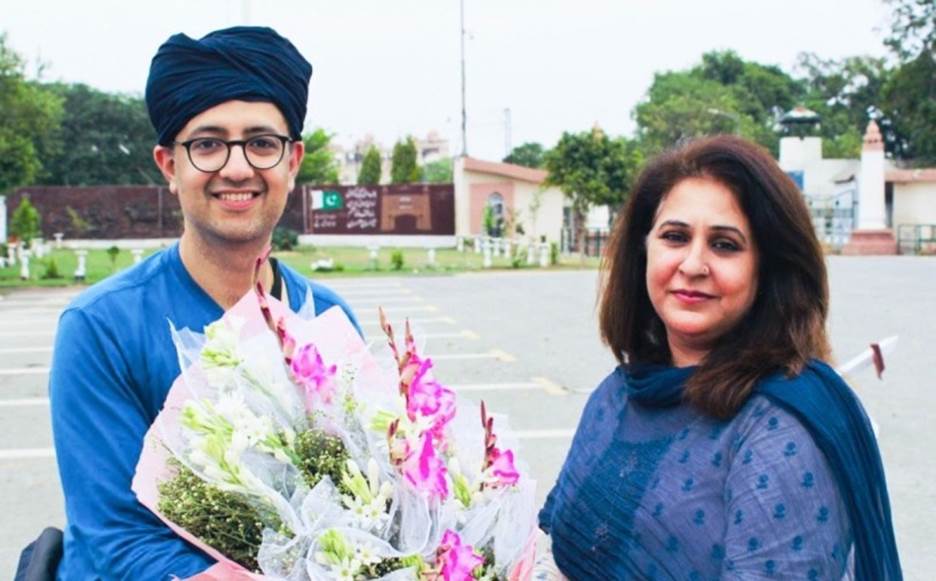
Noushaba Shehzad (right) with a visitor in Lahore
Meet the Lahori Woman Connecting Indians with Their Ancestral Homes in Pakistan
The 1947 Partition forced thousands to flee their homes and belongings leaving with nothing but painful memories. Inspired by stories her father told her as a young child, Lahore-based Noshaba Shehzad started helping Indians who wished to see their ancestral homes by facilitating their visit to Pakistan. Since 2018, she has helped more than 200 people of Indian origin visit Pakistan.
Noshaba, who grew up in Talagang, a town in Punjab’s Chakwal district of Pakistan, herself lived in a house that had once belonged to a Hindu family that had entrusted it to her family at the time of Partition.
“Ours was a close-knit community that had lived together for centuries. The Partition actually cut off this umbilical cord… People from both sides were suddenly left with nothing,” she told The Times of India in an interview, reproduced in Aman Ki Asha .
“Lahore is the cradle of Sikhism. The city still hosts hundreds of abandoned gurdwaras and ruins of once-tall houses… Every time I see them, I feel how desperate those people and their children must be to visit their ancestral place.”
The India-Pakistan Heritage Club on Facebook that she manages with her associates Imran Williams and Zahid Karmanwala has nearly 150,000 members from both nations.
“Interacting in this group, I realized how desperately people longed to come to Pakistan. I also met a lot of pilgrims from India at the Kartarpur corridor. Many of them, particularly the older lot, cry and beg to be taken to their ancestors’ place from there. It’s all so traumatic,” says Noshaba.
Read more at How Noshaba became a bridge for Indians with roots in Pakistan by Sandeep Rai in Aman ki Asha, 30 March 2023. Lead photo courtesy: Sandeep Rai /Twitter

